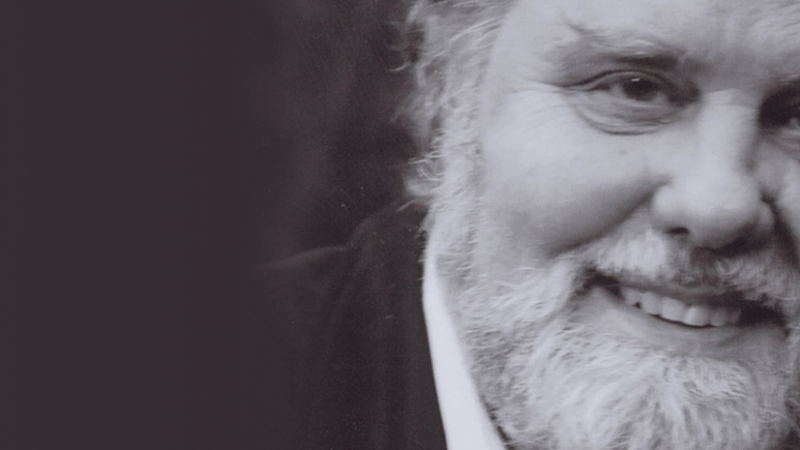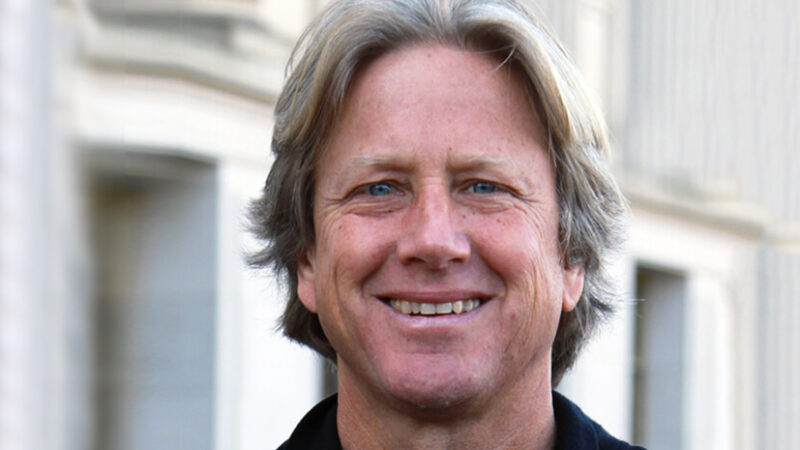Much is being said these days about spiritual awakening, and the causeless joy, clarity, and peace that are inevitable milestones of the inner journey. Not all that much is mentioned, however, about the disappointment of awakening, or of the ways it can break our hearts, cracking us open to the reality of the crucifixion, the resurrection, *and* the transfiguration we are likely to encounter along the way. In the full embrace of life—right inside the yucky, messy, shadowy nether regions of the heart—we are invited to meet the wholeness of what we are, which includes the dark *and* the light, the movement of separation *and* union, and the entirety of what it means to be an embodied human being.
As Carl Jung so poignantly reminds us, we do not become enlightened by “imagining figures of light, but by making the darkness conscious.” He went on to say that the integral journey of the dark *and* the light is one that is often “disagreeable” and thus would never be popular. I believe Jung is offering very important guidance for us and the voyage of the heart in contemporary times.
The ancient path of love may never conform to our hopes, fears, dreams, and fantasies, for it is emerging in the here and now as an emissary of the unknown itself. Let us rest in the aching truth that one of the primary roles of the beloved is to seed deflation in the field of separation. Yes, awakening may always be a disappointment, from the perspective of egoic organization. In this sense, the journey is eternally hopeless, but it is in the creation of a home for our hopelessness—and allowing it to be illuminated within us—that we are finally able to step into a world beyond our wildest imagination.
As we journey together as fellow travelers, let us find a way to embrace both the joy *and* the heartbreak of spiritual awakening, and bear witness to the wisdom shining out of our immediate experience, whether it appears as sadness, bliss, despair, or great joy. It is true that grace will appear in both sweet *and* fierce forms, but regardless of its particular manifestation, it is still grace, sent from beyond to open us to the radiant fullness of being.
– Matt Licata, from the Preface to the forthcoming, It’s Okay to Be Broken: Embracing the Joy and Heartbreak of Spiritual Awakening.





 e not mistakes, and they are not asking to be ‘healed.’ They are asking to be held. Here, now, lightly, in the loving, healing arms of present awareness . . .”
e not mistakes, and they are not asking to be ‘healed.’ They are asking to be held. Here, now, lightly, in the loving, healing arms of present awareness . . .”

